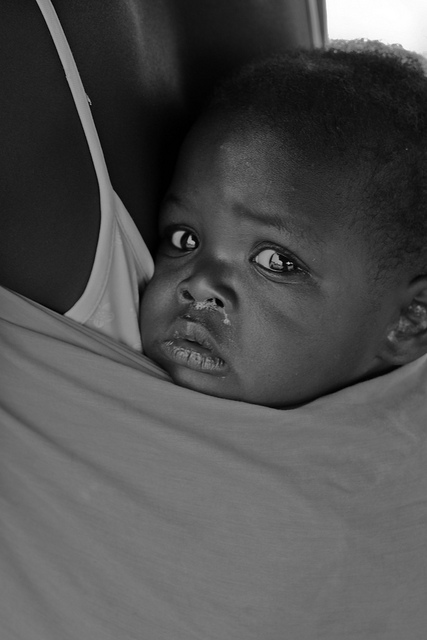HIV is known as one of the world’s leading infectious killers, and remains one of the most challenging global epidemics. This week WHO has released its Report on the global HIV/AIDS response, it is the fifth annual report from WHO, UNICEF and UNAIDS, amongst other collaborators, which provides an update of the HIV epidemic and health sector progress in 2010. 
The report reflects on the key areas highlighted for development, which include updates to health sector interventions for HIV prevention; improving treatment and care for people living with HIV, increasing knowledge around HIV, increasing availability of HIV services for women and children and current progress on elimination of mother to child transmission by 2015.
Although the aim of eliminating mother to child transmission by 2015 is an ambitious goal to achieve, several African countries including South Africa have already made significant progress by providing antiretrovirals to 80% of infected pregnant women.
HIV-infected infants have a high mortality rate, and although recent recommendations by WHO are to treat HIV infected infants as soon their HIV status is known, diagnostic testing commonly occurs when the infant is approximately 6 weeks old. Whilst the recent report demonstrates there have been improvements in many areas, of 65 reporting countries, approximately only 28% of infants born to mothers living with HIV received an HIV test within the first two months of life.

An article recently published in BMC Pediatrics initiates the development of a clinical algorithm for presumptive HIV diagnosis in infants less than 10 weeks old, using screening data such as weight-for-age, more lymphadenopathy (disease of lympnodes), oral thrush, enlarged spleen, enlarged liver, and anaemia for example. Applications of this algorithm would mean that infants with a high probability of HIV infection can be fast-tracked for early diagnosis and treatment, essential in areas with limited resources and where there is increased exposure to HIV.
Earlier this month marked the annual United Nations Universal Children’s Day held on 20th November. The aims of this global day directly impact the efforts of the WHO collaborative Global HIV/AIDS response group, and researchers worldwide advancing HIV science.
It s actually a great and useful piece of info. I am glad that you simply shared this helpful information with us. Please stay us up to date like this. Thank you for sharing.